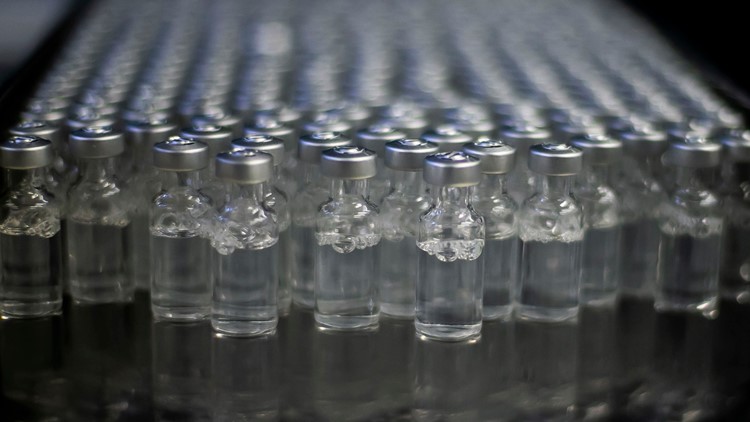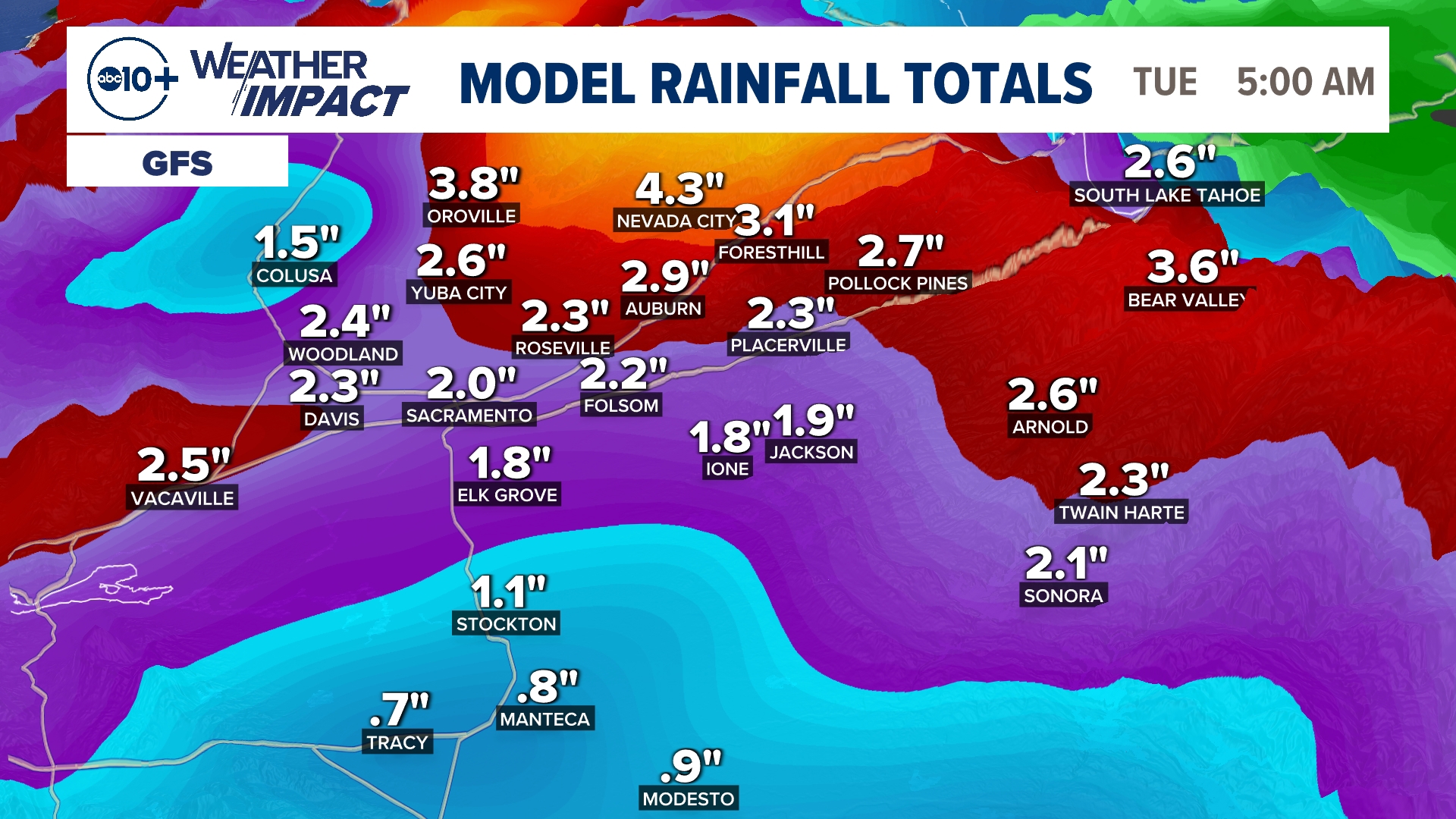GENEVA, Switzerland — The head of the World Trade Organization called Thursday for expanded capability in developing countries to manufacture vaccines, saying the gaping imbalance in access to coronavirus vaccines that mostly favors rich, developed countries was unacceptable.
WTO Director-General Ngozi Okonjo-Iweala said she supports the creation of a framework that would give developing countries “some automaticity and access to manufacture vaccines with technology transfer” during future pandemics, decrying the “vaccine inequity” of the current one.
“The idea that 70% of vaccines today have been administered only by 10 countries is really not acceptable,” Okonjo-Iweala told reporters while hosting French Economy Minister Bruno Le Maire at WTO's Geneva headquarters.
Scores of the trade body's member nations have backed efforts led by South Africa and India to get the WTO to grant a temporary waiver of its intellectual property pact to help boost COVID-19 vaccine production at a time of insufficient supplies.
Some wealthier countries and those with strong pharmaceutical industries oppose the idea, saying it would crimp future innovation.
France's Le Maire addressed thorny efforts to reform the WTO amid tensions over trade, including the U.S.-China trade war during the Trump administration and a long-running dispute between the United States and the European Union over subsidies for aircraft manufacturers Airbus and Boeing.
“We do not want to see a return of the commercial tensions between the United States and China, or between the United States and the European Union,” Le Maire said. “We are convinced that the WTO has a major role to play.”
He said France supported “concrete reform” to help improve dispute resolution and ease trade tensions. Le Maire advocated “clear and respected trade rules,” notably on intellectual property, state aid and reciprocity agreements between countries.
The United States over successive administrations has held up appointments to the WTO's appeals court, which helps adjudicate trade disputes across the world. The U.S. attributed the action in part to concerns about unfair practices by China, including alleged intellectual property theft and aid to state-run or state-influenced enterprises. China has rejected such allegations.



